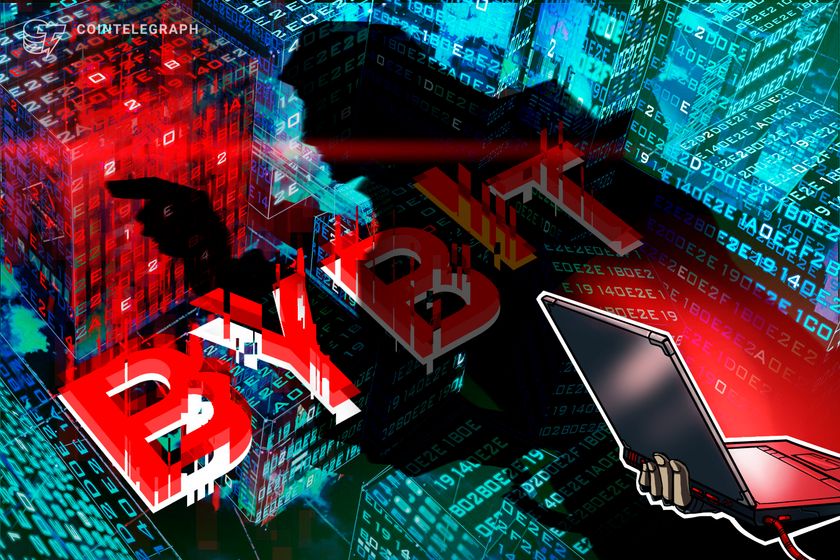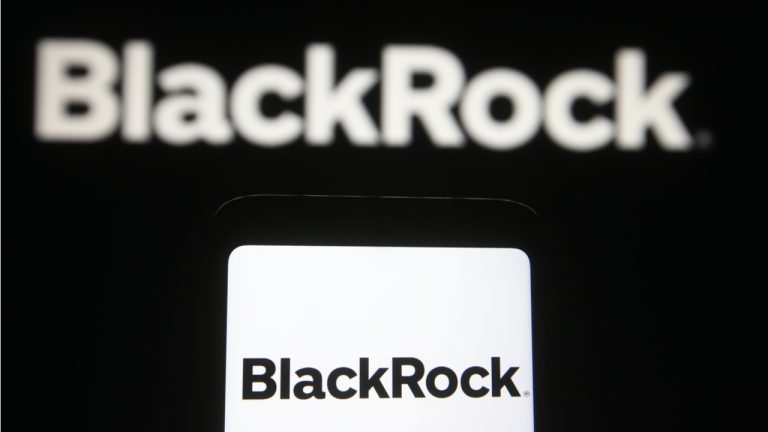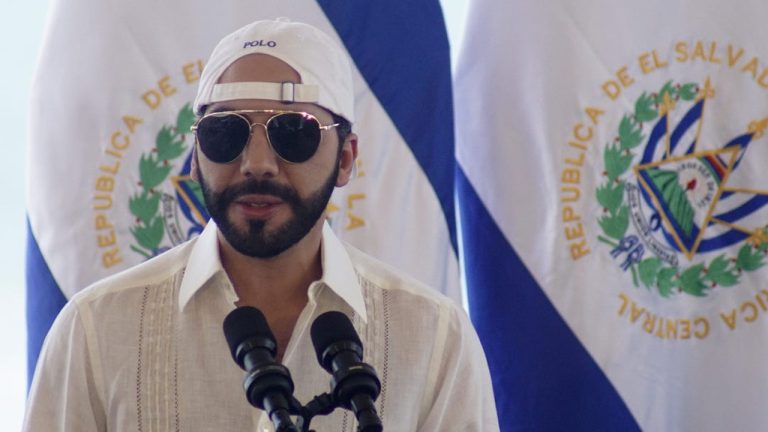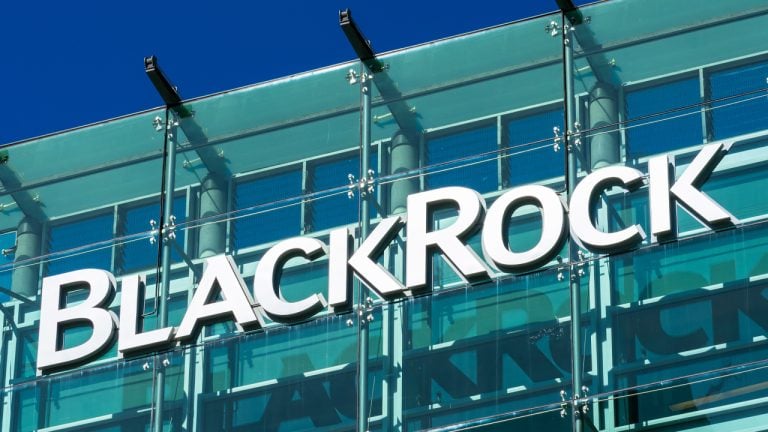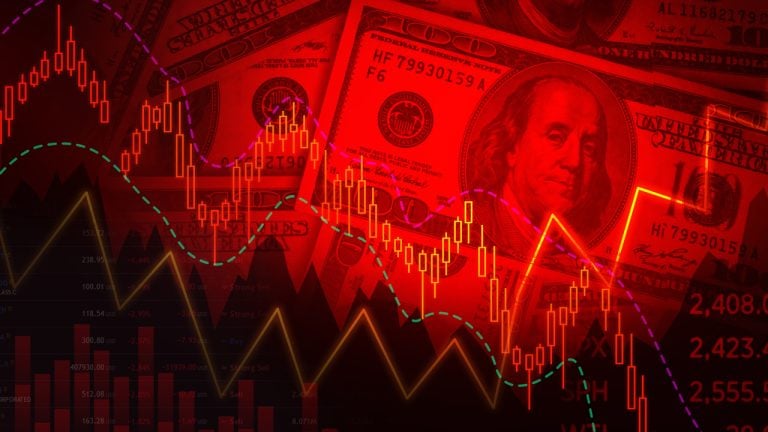
The USDT issuer has made inroads into the traditional finance and accounting sectors as it attempts to increase transparency around its holdings.
Stablecoin issuer Tether Holdings is relying on the services of a major Wall Street firm to manage its Treasury portfolio, according to a Feb. 10 report by The Wall Street Journal.
Citing sources familiar with the matter, the Journal reported that financial services company Cantor Fitzgerald is helping Tether oversee a $39 billion bond portfolio comprised of United States Treasury securities. The report indicates that some firms on Wall Street are willing to support crypto service providers despite ongoing regulatory concerns facing the industry.
Founded in 1945, Cantor Fitzgerald specializes in investment banking services, including institutional equity and fixed-income sales. The company claims to employ over 12,000 people. Beyond helping to “manage” a portion of Tether’s portfolio, Cantor Fitzgerald’s specific involvement with the stablecoin issuer wasn’t spelled out in the Journal’s reporting.
Cointelegraph reached out to a spokesperson at Tether to inquire about its alleged partnership with Cantor Fitzgerald. The company issued the following statement:
“Tether has grown to be the most important player in the digital assets industry and is collaborating and regularly exploring new business opportunities with high-quality counterparties.”
Tether’s total assets as of Dec. 31 were $67 billion, exceeding its consolidated liabilities of $66 billion and giving the company excess reserves of at least $960 million. The company reported $700 million in net profits during the fourth quarter, based on an independent attestation from BDO.
1) Tether's Year-end 2022 Tether Independent Accountant report is in: Tether reveals $700m Profits For Q4/2022. Commercial paper exposure eliminated, secured loans reduced, assets exceed liabilities.
— Gabor Gurbacs (@gaborgurbacs) February 9, 2023
Blog:https://t.co/Ysf7Di58rT
Transparency report: https://t.co/KChSjMcfuj
While Tether has attempted to dispel rumors about its solvency and accounting standards, the company has been singled out repeatedly by major publications for not being transparent about the assets backing its USDT (USDT) reserves. In 2022, the criticisms shifted from whether Tether’s USDT is fully backed to the composition of the assets underpinning the stablecoin. By October, Tether had unwound its exposure to commercial paper in favor of Treasury bills in response to public scrutiny about its portfolio — namely, its alleged oversized exposure to Chinese commercial paper.
Related: 82% of Tether reserves held in ‘extremely liquid’ assets, according to attestation
Tether’s USDT remains the largest stablecoin by market capitalization at nearly $68.2 billion, according to CoinMarketCap.
